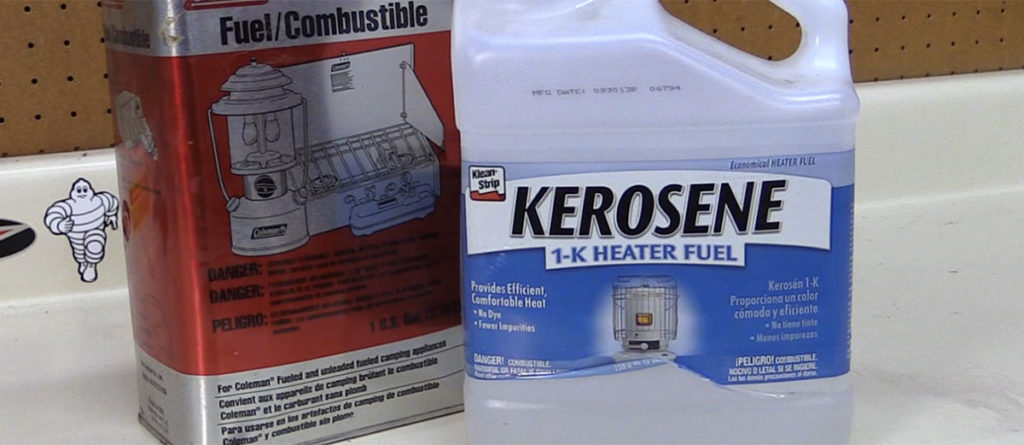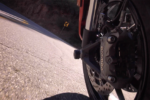How to Clean and Lube a Motorcycle Chain
Chain Lube
So now that we’ve established chain maintenance is probably a good idea, where should we start? Like all things mechanical, let’s start with lubrication. You should lube your chain every 500 miles of riding. There are many types of lube available; everything from basic wax, foaming wax, conventional lube to foaming conventional lube. Different lubes will provide different levels of fling and protection. Typically the more fling, the better protection and the less fling the less protection. The hard part is deciding what level of fling/protection you want to deal with. The less fling, the more frequently you’ll have to lube.
These are the two chain lubes that we’ve had the best luck with. Motul Factory and Motul Road Chain Lube. The Factory lube is designed for race and track bikes that are less likely to see long days or much moisture, while the Road lube is intended for road going motorcycles.
Cleaning
If you do this regularly, your chain will keep a high level of lubrication but will also draw a lot of dirt and you’ll end up with a really dirty-looking chain. Dirt, as I’m sure you can imagine, is very bad for a chain. A good idea is, every 3000 miles or whenever you change your oil, to clean your chain. The easiest way to clean your chain is with a rag, a toothbrush, and kerosene.
- Kerosene
- Motul Chain Cleaner
- Simple Solutions Grunge Brush
- Tirox 360 Degree Chain Brush
- Scott Shop Towels
- Nitrile Rubber Gloves
Don’t use harsh solvents, like gasoline, because they can ruin the O-Rings. Spray or wipe your chain with kerosene. The best part about using kerosene is that it will clean your chain amazingly quick, saving you lots of time. I usually use an old rag and soak it with kerosene and wipe it over the chain until the chain is clean. If the chain is particularly dirty, I’ll pour some kerosene into a squirt bottle to apply the cleaner more direclty. Be sure you are in a well ventilated area.
Incidentally, kerosene can be found at any department store, usually in the camping section. Its traditionally used to run camp-stoves or heaters. But be prepared to spend $5.00 for a 10-year supply. After about five minutes you will have an immaculately clean chain and an amazingly filthy rag. Its also a really great idea to remove the countershaft sprocket cover and clean all the excess lube build-up that is around the front sprocket. If you let this stuff build up it can cause problems that you probably do not want to ever deal with.
CAUTION!
Be sure you get “kerosene” – not camp fuel or white gas. Camp fuel and white gas comes in the same can as kerosene but it is extremely volatile and will ignite astonishingly easy. Be double and triple sure the can says “Kerosene”. Don’t trust the store clerk either, if it doesn’t say kerosene it is most likely white fuel and that is very dangerous.








Hey guys,
Great article and video. Just one question, I found this product on my local store and it doesn’t say what it contains, some sites say it contains kerosene, not sure if this is safe to use on a chain or not. What do you guys think?
https://www.topline.ie/garden-outdoors/outdoor-living/bbqs-outdoor-cooking/bbq-accessories/landmann/bbq-lighter-fluid-1-litre
Thanks a lot and keep it up!
Alex
Yeah, that looks like lighter fluid, or camp-fuel (white gas) which is not Kerosene. Kerosene is also sometimes called paraffin.